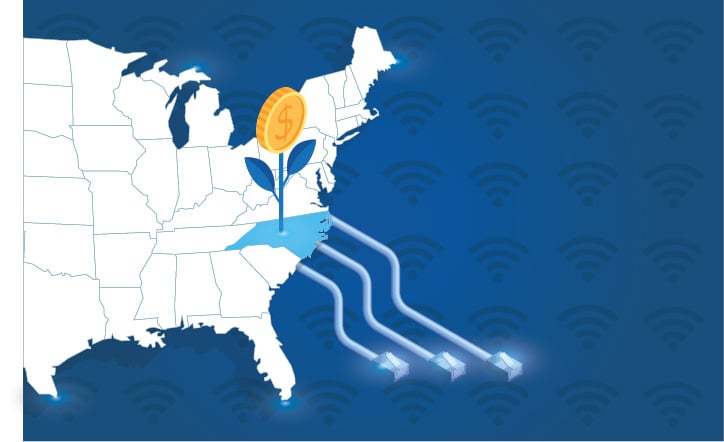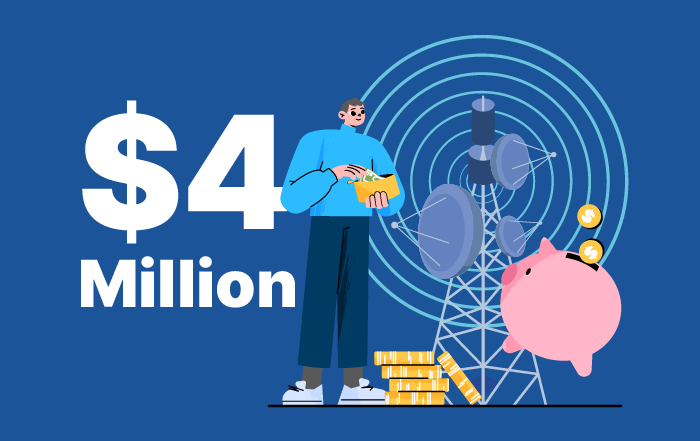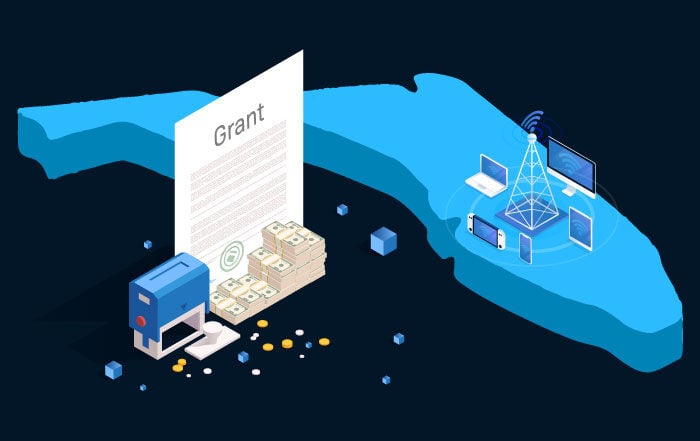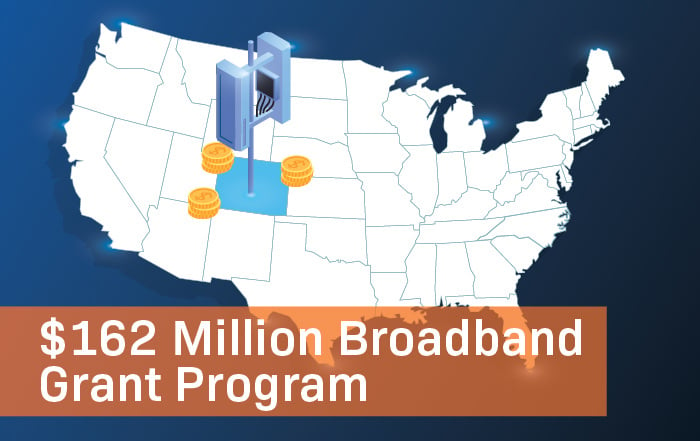$4 Million Internet for All Grants Empower Tribal Lands
In a significant step towards achieving digital equity, the Biden-Harris administration has recently unveiled a groundbreaking initiative: the ...


North Carolina is taking a proactive approach to address the digital divide by launching another round of bidding for the Growing Rural Economies with Access to Technology (GREAT) grant funding. This initiative aims to facilitate the deployment of broadband infrastructure in unserved areas throughout the state.
In an era where reliable internet access has become a fundamental requirement, numerous individuals and communities continue to face the challenges posed by the digital divide. This disparity is particularly prevalent in rural and underserved areas, where high-speed broadband infrastructure remains limited. However, recognizing the pressing need to bridge this gap, the state government has recently announced a substantial increase in broadband grants. This blog post explores the exciting development of the state offering more broadband grants and its potential impact on closing the digital divide.
With the goal of expanding broadband access, the state government has launched an ambitious initiative by augmenting its broadband grants program. These grants will provide essential financial support to internet service providers (ISPs) and other organizations dedicated to developing and improving broadband infrastructure in underserved regions.
Reports indicate that the state has allocated significant funds to these grants, acknowledging that internet connectivity is no longer a luxury but a vital utility enabling individuals and communities to flourish in the modern world. By investing in broadband expansion, the government demonstrates its unwavering commitment to ensuring equal opportunities for residents across all geographic areas.
The digital divide refers to the disparity in internet access between those who have affordable high-speed connections and those who do not. This divide is especially prominent in rural and economically disadvantaged regions, where challenges like geographic limitations and installation costs hinder the development of robust ISP infrastructure.
By offering more broadband grants, the state takes a substantial stride toward addressing the digital divide. Through financial support to ISPs and organizations willing to extend their services to underserved areas, the government promotes a more equitable digital landscape. Reliable internet connectivity in these regions will empower residents with access to educational resources, telemedicine services, employment opportunities, and online government services.

Enhancing broadband access provides numerous benefits that extend beyond individual households. Entire communities stand to gain from improved connectivity in the following ways:
The state’s decision to offer more broadband grants signifies a significant leap toward bridging the digital divide. By investing in broadband infrastructure in underserved areas, the government aims to empower communities with the tools and opportunities necessary to thrive in the digital age.
While challenges persist, such as addressing geographical barriers and ensuring affordability, this initiative represents a pivotal step forward. It underscores the government’s commitment to guaranteeing equal access to reliable internet connectivity for all residents, regardless of location.
North Carolina’s decision to initiate a new round of bidding for GREAT grant funding underscores its commitment to expanding broadband access in unserved areas. Through these grants, the state aims to bridge the digital divide, promote economic development, and ensure equal opportunities for all residents. With continued efforts and collaborations between stakeholders, North Carolina is on the path toward a more connected and prosperous future.

In a significant step towards achieving digital equity, the Biden-Harris administration has recently unveiled a groundbreaking initiative: the ...

The state of Florida has recently allocated grants to support the expansion of broadband access in Polk County. Governor Ron DeSantis’ office has...

The Colorado Broadband Office has recently commenced the application process for a $162 million grant program, which is being financed by a federal...